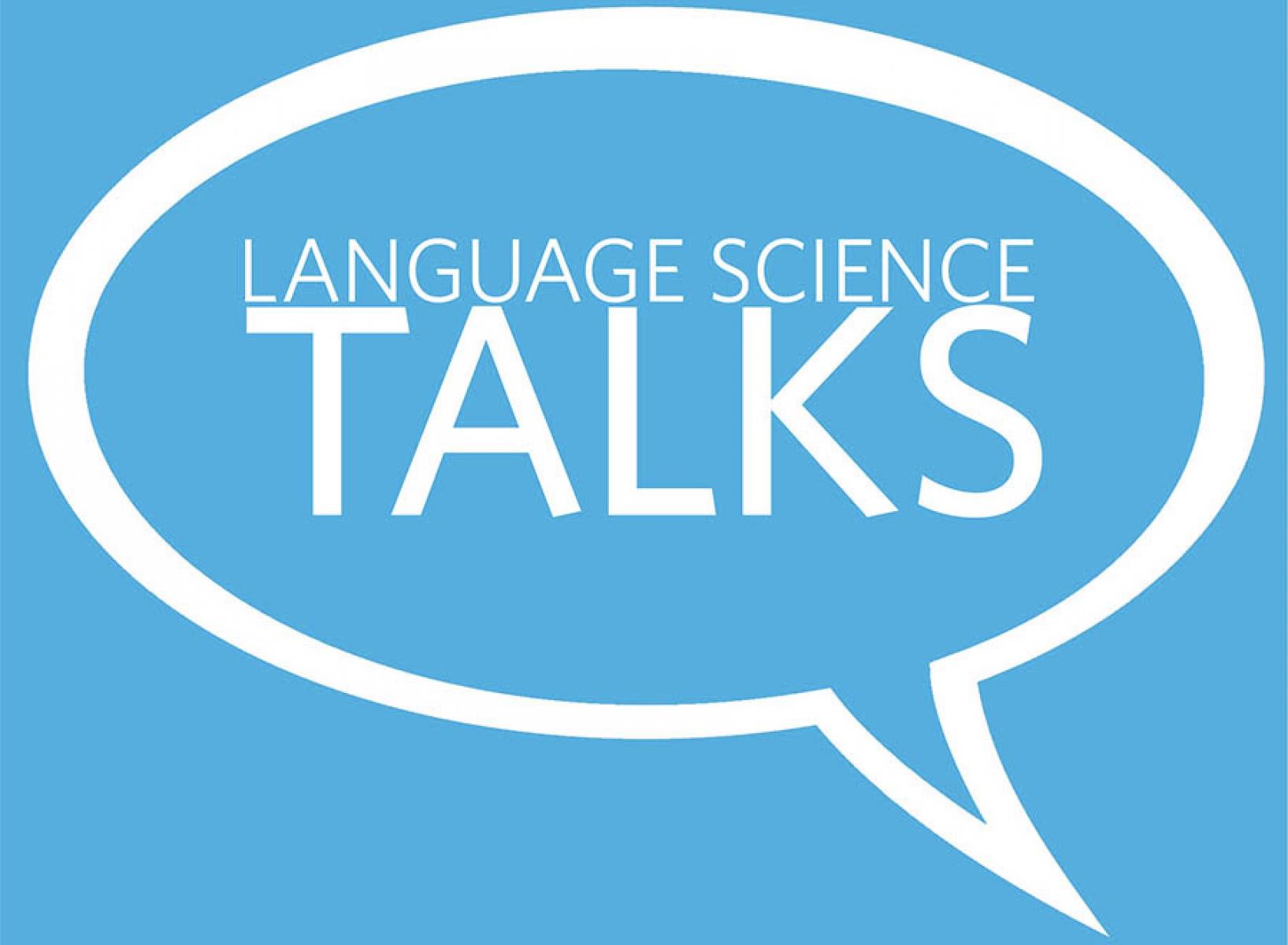Language Science Talks - Harassment of Health Communicators & Language and Perception Through Mathematics
June 28, 2022, 12:00 pm to 12:00 pm
NOTE: This event will no longer be held in-person. Please use the Zoom details below to attend virtually.
Join us on Tuesday, June 28th, 2022 from 12:00-1:00pm for the next Language Science Talk featuring Dr. Chris Tenove and Denitza Dramkin. Dr. Janet Werker, Language Sciences Co-Director will be moderating this event.
At this Language Sciences Talk, Dr. Chris Tenove will present his research on the harassment of health communicators, and Denitza Dramkin will present her work exploring the link between language and perception through number words and perceptual magnitudes. Read the event abstracts and speaker bios below and RSVP today!
Please use the Zoom details below to attend virtually:
- Zoom Link: https://ubc.zoom.us/j/66045766894?pwd=MjIzV1hheG13ZzIxTFJyZzJ0QjF0Zz09
- Meeting ID: 660 4576 6894
- Passcode: 000303
Talk #1: Harassment of health communicators in Canada - Chris Tenove
Abstract:
Politicians, journalists, health officials, and other public figures often face incivility and abuse online. This toxic discourse produces challenges for democratic debate and public action on a wide range of issues, including the COVID-19 pandemic. Dr. Tenove will describe his current research on online abuse of health communicators in Canada, and compare it to his previous studies on politicians and journalists. He will also discuss methodological opportunities and challenges of combining computational content analysis and in-depth interviews to investigate online discourse.
Speaker Bio:
Chris Tenove is a Research Associate at UBC’s School of Public Policy and Global Affairs at the University of British Columbia. He completed his PhD in Political Science at UBC, and has been a postdoctoral fellow at UBC and at the University of Toronto’s Munk School of Global Affairs. He has published peer-reviewed articles and policy reports on topics including social media regulation, online disinformation, and responses to online harassment. With support from Language Science sInstitute he and co-author Heidi Tworek (Associate Professor of History and Public Policy, UBC) published the 2020 report, “Trolled on the Campaign Trail: Online Incivility and Abuse in Canadian Politics.”
Talk #2: Exploring the link between language and perception through number words and perceptual magnitudes - Denitza Dramkin
Abstract:
We make quick, effortless judgments about quantity in our everyday lives. For example, we might guess that there are about “eight” people in front of us at the checkout line or that we are roughly “six” kilometers away from our next destination. Despite the apparent ease with which we can do this, reasoning about quantity in this way requires interfacing two distinct representational formats: linking intuitive perceptual dimensions with language (i.e., number words). How do we achieve this interface?
In this talk, I explore the mechanisms that support children’s abilities to link number words to their perceptual experiences, including examining whether once children understand how to link number words to one perceptual magnitude (e.g., number), they can readily extend this logic to other perceptual magnitudes as well (e.g., length, area). We find that by five, children can readily attach number words to units and magnitudes that they have little to no experience with. Despite not formally being taught to use number words for length and area, they can verbally estimate in these magnitudes (e.g., estimating how long or how big an object is). Children can even map number words to novel number units (e.g., linking the word “one” with 3 items), which is even more impressive considering that some children had not learned to formally multiply/divide and that they had potentially competing links (e.g., the word “one” and 1 item) that had to be inhibited.
These findings highlight that the link between number words and intuitive perceptual magnitudes is a major developmental achievement, as once children can interface language with one perceptual magnitude, they can easily do so across dimensions and novel units. Understanding this link is not only important for the broader relationship between language and perception, but also from the perspective of development, as children have access to perceptual magnitude representations from birth but acquire number words slowly throughout development.
Speaker Bio:
Denitza Dramkin is a PhD candidate in the Department of Psychology at the University of British Columbia (UBC) working with Darko Odic. She holds an MA in Psychology from UBC, and a BSc in Psychology from the University of Houston. Her research program focuses on understanding the interface between language and cognition. For example, what mechanisms support our abilities to reason about number, space, and time using language (e.g., when judging how many, how big, or how long something is)? Her work integrates perspectives from developmental and cognitive psychology, vision sciences, and computational approaches.
If you require an accessibility-related measure (e.g.: sign language interpretation, captioning, accessible parking, or any other accessibility-related measure), please email language.sciences@ubc.ca.
